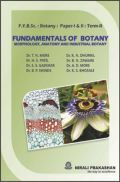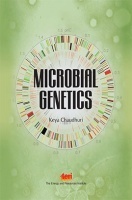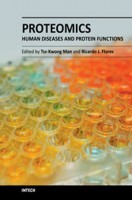The cell forms the fundamental basis of all the biological sciences and life. The cell biology is fastest growing branch of science since tremendous addition of knowledge takes place in per unit time.
There is a great deal of heterogeneity in the syllabi on cell biology of different Indian universities. To fulfill the needs of students from different corners of the country, the authors had written a book.
This book Useful for Genetics, Immunology and Microbiology.
SECTION I: GENERAL
1. The Cell and its Diversity
2. How A Cell Is Studied?
SECTION II: CELL STRUCTURE AND FUNCTION
1. Cell Membrane Structure and Functions
2. The Cell Surface and Cellular Interactions
3. The Cytoskeleton
4. Mitochondria and Cell Energetics
5. Chloroplast
6. Endoplasmic Reticulum
7. Golgi Complex
8. Lysosomes, Endosomes and Microbodies
9. Ribosomes
10. Centrioles
11. Interphase Nucleus
12. Chromosomes
SECTION III: CHEMICAL COMPOSITION OF PROTOPLASM
1. Introduction
2. Proteins
3. Carbohydrates
4. Lipids
5. Nucleic Acids
6. Enzymes
SECTION IV: CELL DIVISION
1. Mitosis
2. Meiosis
3. Cell Cycle
SECTION V: CELL METABOLISM
1. Metabolism: General Considerations
2. Metabolism: Carbohydrates
3. Metabolism: Protein
4. Metabolism: Lipids
5. Metabolism Nuclic Acid
6. Metabolism: Inborn Errors
SECTION VI: SPECIAL TOPICS
1. Cell and Tissue Culture
2. Cellular Aging and Senescence
3. Immunity
4. Genetic Engineering
5. Neoplasia
Glossary


















